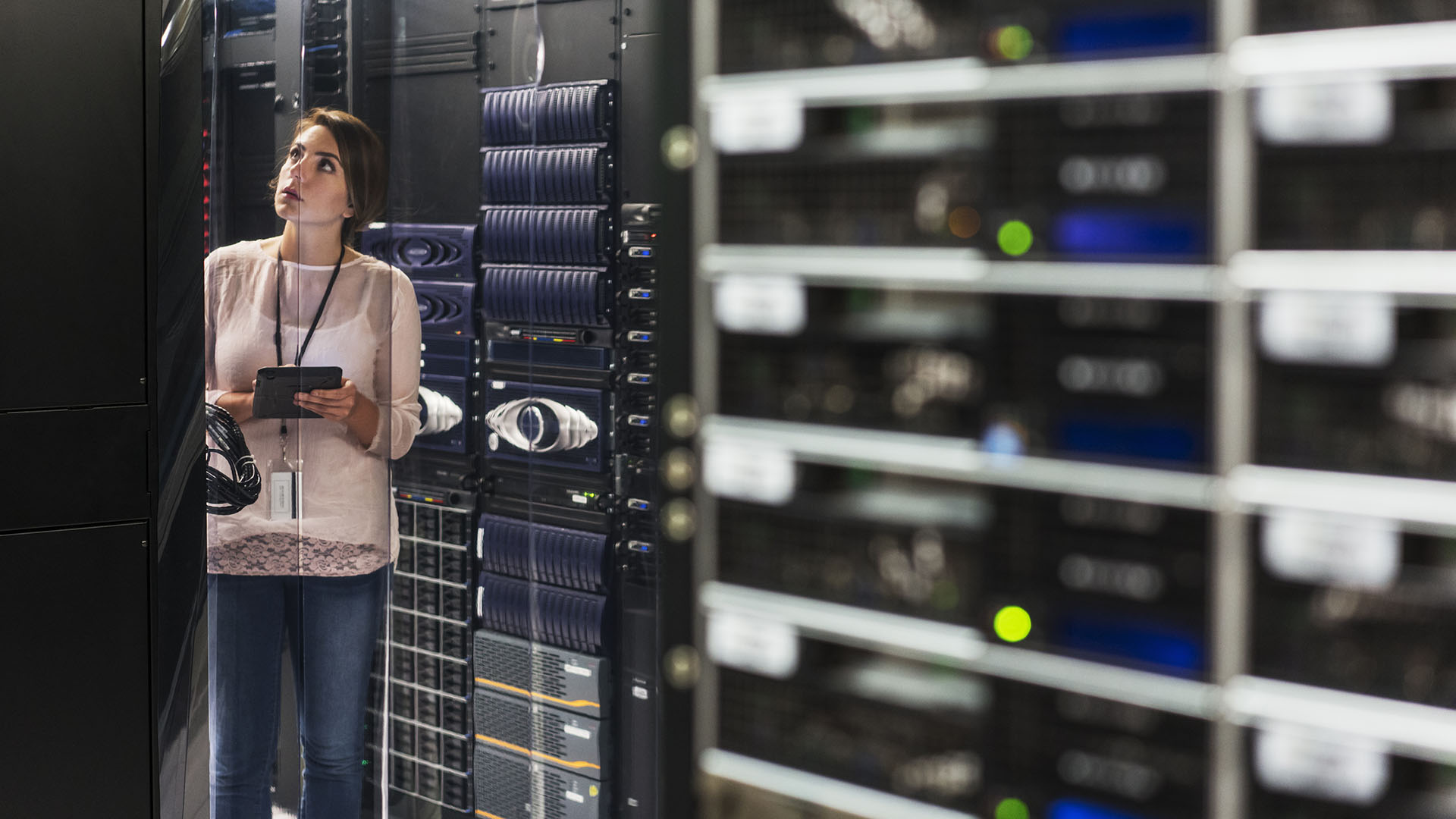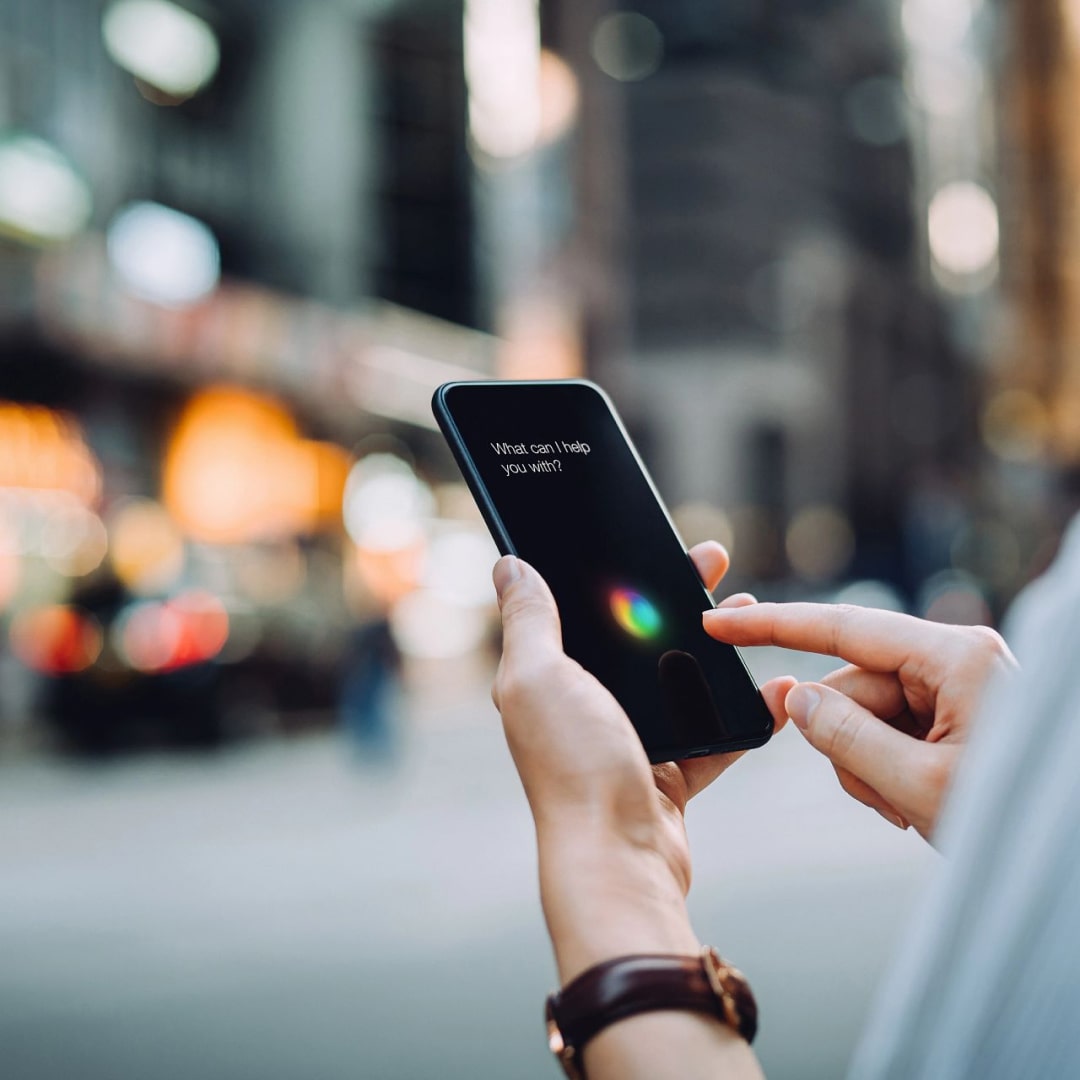Employee wellbeing has been a hot topic among Chief HR Officers and other executives for many years. While the concept of workplace wellbeing originated in the 17th century, the first formal corporate wellbeing programs didn’t emerge until the 1950s with the development of the Employee Assistance Program (EAP). As employers struggled to contain rapidly escalating healthcare costs during the 1980s, such programs became standard fare.

During the COVID-19 pandemic, wellbeing investments soared as managers had a front row seat to the challenges their people were facing in their daily lives. While employees’ self-assessment across all measures of wellbeing – mind, body, wallet and life – rebounded from historic lows in 2021, they have since stagnated, with just half of U.S.-based employees feeling positive about their overall wellbeing, according to the 2023 Alight International Workforce and Wellbeing Mindset Study.
Even more troubling is how employees view their employers’ commitment to wellbeing. Just 41% believe their employer cares about their wellbeing, 27% have lost trust in their employers’ wellbeing efforts and 56% feel in control of their own wellbeing. With stress levels soaring, chronic diseases on the rise and a growing number of people struggling to keep their heads above water financially, a wellbeing strategy that cares for the whole person is essential to employee health – and the ability to maintain high-performing organizations.
To regain momentum, employers must invest in wellbeing platforms that rely on leading-edge technology to deliver a world-class consumer-grade experience. Increasingly, these platforms are being driven by artificial intelligence (AI), which has tremendous potential to revolutionize employee wellbeing by delivering personalized tools, resources and recommendations in the moments that matter. This leads to better outcomes and greater employee satisfaction with the investment their employer is making in their wellbeing.
Data dependent
AI gives platforms like Alight Worklife® the ability to deliver a truly customized experience based on an individual’s specific health history, insurance coverage, retirement readiness or family situation. Through personalized and actionable insights – delivered through an employee’s channel of choice – they guide people to confident decisions that improve their physical, emotional and financial wellbeing. Just like all platforms that rely on AI, however, Alight Worklife® is completely dependent on the data it is fed.
Without quality, relevant data, AI is just “tech for tech’s sake.” That is, people will use it simply because they can, but it’s not going to drive the intended strategic outcomes. As Josh Bersin, founder and CEO of the Josh Bersin Company explains, “AI is not some magical computerized persona. It is a wide range of algorithms and machine learning tools that can rapidly ingest data, identify patterns and optimize and predict trends. These algorithms are not intuitive like human beings, but they are fast, so they can analyze millions of pieces of information in seconds and quickly correlate them against patterns.”

Data is the foundation of everything Alight and other companies are doing around AI. It begins with a rich, robust data-set consisting of health claims, payroll, benefit plans, clinical records, call center logs and more. AI leverages this data not only to automate processes but also to predict needs, risks and opportunities. It’s what enables chat bots to provide accurate real-time answers to HR and benefits questions and deliver timely, personalized recommendations at exactly the right time.
Just as Amazon gets smarter each time you visit, AI gets more knowledgeable as it collects data and learns from each employee interaction. This empowers it to deliver more meaningful content and insights to enable better decisions and help employees improve their wellbeing.
We’ve met many leaders who get very nervous when we broach the subject of employee data – with good reason. It’s the employee’s private information and employers can’t go there. Increasingly, however, employees are telling us they want their employer to play a bigger role in their success around staying healthy and financially secure – and they’re willing to share their personal information to make it happen. Approximately two-thirds say they are comfortable sharing health information (69%) and financial information (65%) in exchange for personalized guidance. Assuring those employees their private data will not be shared with their employer is paramount to maintaining their trust.


It's this individualized personal information, combined with robust, proprietary data that is aggregated into a decision framework, so when an employee logs in, the system already knows a great deal about them. Do they live in a rural or urban area? Are they single or married? Do they have kids? Are they dealing with a caregiver situation? Have any members of the family been diagnosed with a chronic condition? How far are they from retirement? Did they just receive a big pay raise at work? All these pieces, along with specific information on the employee’s health benefits, retirement savings and other key data form the intelligence of the platform. This enables the delivery of highly personalized tools, guidance and resources that empower employees to navigate their benefits, make confident decisions and achieve their wellbeing goals across all four pillars – healthy mind, body, wallet and life.
At Alight, our goal is to provide a world-class user experience that surfaces intelligence directly in the moment employees need it. That’s why we’ve been investing heavily in AI. But for all the hype about AI, it’s important to note it’s not a standalone solution. An effective wellbeing platform relies on a combination of AI and the ever-important human touch of a care team of certified nurses, clinicians, financial planners and others to create a powerful synergy, resulting in better outcomes and significant time and cost savings for employee and employer alike.